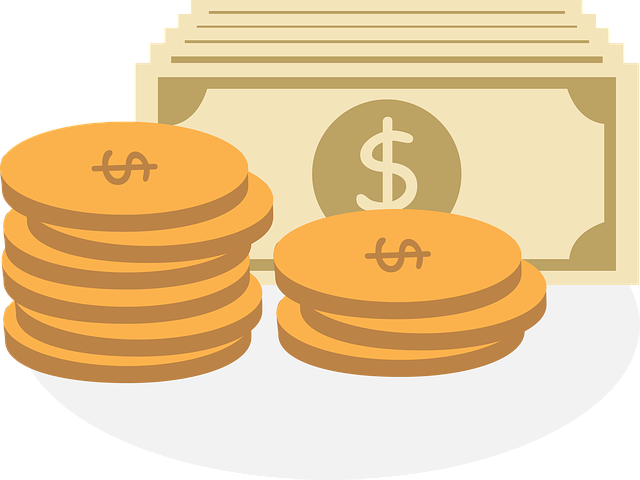In my road towards financial independence, I decided to invest some of funds to grow my wealth. I encouraged my colleagues to do the same by inviting a reputable insurance agent in the workplace. The insurance agent stressed how one’s risk level play an integral part in his or her actions. For many investors, they are worried about losses and interest rates.
Interest rates in Singapore are not set by the central bank or Monetary Authority of Singapore. Instead, the rates are determined by the global market and are strongly affected by the United States.
THE FED
In an attempt to control inflation, the United States’ federal fund rate is used by the Federal Reserve (or the Fed). The Fed attempts to shrink the supply of money available for purchasing by increasing the federal funds rate. Doing so makes earning money hard and expensive to obtain.
The question of “how stocks would react when interest rates rise” is essential for many market participants. Interest rates can have a significant impact on the price that investors are willing to pay for varying asset classes. For instance, investors tend to prefer lower risk and high yield investments like bonds over stock.
Truth be told, increasing federal funds rates does not directly affect the stock market. The institutions who borrow money from the Fed are directly affected by these rates. However, I cannot deny the daunting ripple effect.
Since it costs more to borrow money from the Fed, financial institutions (e.g., local banks) often increase the rates they charge for the clients to loan money. Individuals are affected through elevation in credit card and mortgage interest rates.
CHASING THE MONEY
Stocks and other asset classes such as bonds, real estate, and cash are in a constant race for the investors’ capital. Theory states that investors should not pay up for stocks when interest rates are high. Firstly, businesses experience decreased consumer spending and increased cost of borrowing money. Secondly, bonds and other asset classes such as fixed deposits are seen as more attractive.
On the other hand, when rates are low, it makes sense to bid up stocks. Bonds are not capable of generating a decent return during this time. Everything comes down to the risk-reward profile of the investment. When interest rate rise, the risk-reward for bonds become more attractive as the yields are higher than when interest rates were lower.
CONSUMER BEHAVIOR
Changes in the interest rates can have diverse effects on the consumers’ spending habits. It depends on a number of factors including projected rate changes, consumer confidence, and overall health of the economy.

Image Credits: pixabay.com
As an illustration, consumers may be influenced to spend less money if they believe that the purchasing power of their dollars will be eroded by inflation.
BOTTOM-LINE
Movement in interest rates can affect both the investors’ and the consumers’ sentiments. Investors will be worried about the asset classes that they will partake in. Long-term investors know that these changes will only affect the prices of their assets in the short run. However, short-term investors know that these rates are significant.
Let us move on to the consumer behavior. Consumers tend to borrow more when rates are low and save more when rates are high. They must decide when to save or spend money.

Image Credits: pixabay.com
Economist Mark Skousen once said:
“The reality is that business and investment spending are the true leading indicators of the economy and the stock market. If you want to know where the stock market is headed, forget about consumer spending and retail sales figures. Look to business spending, price inflation, interest rates, and productivity gains.”







